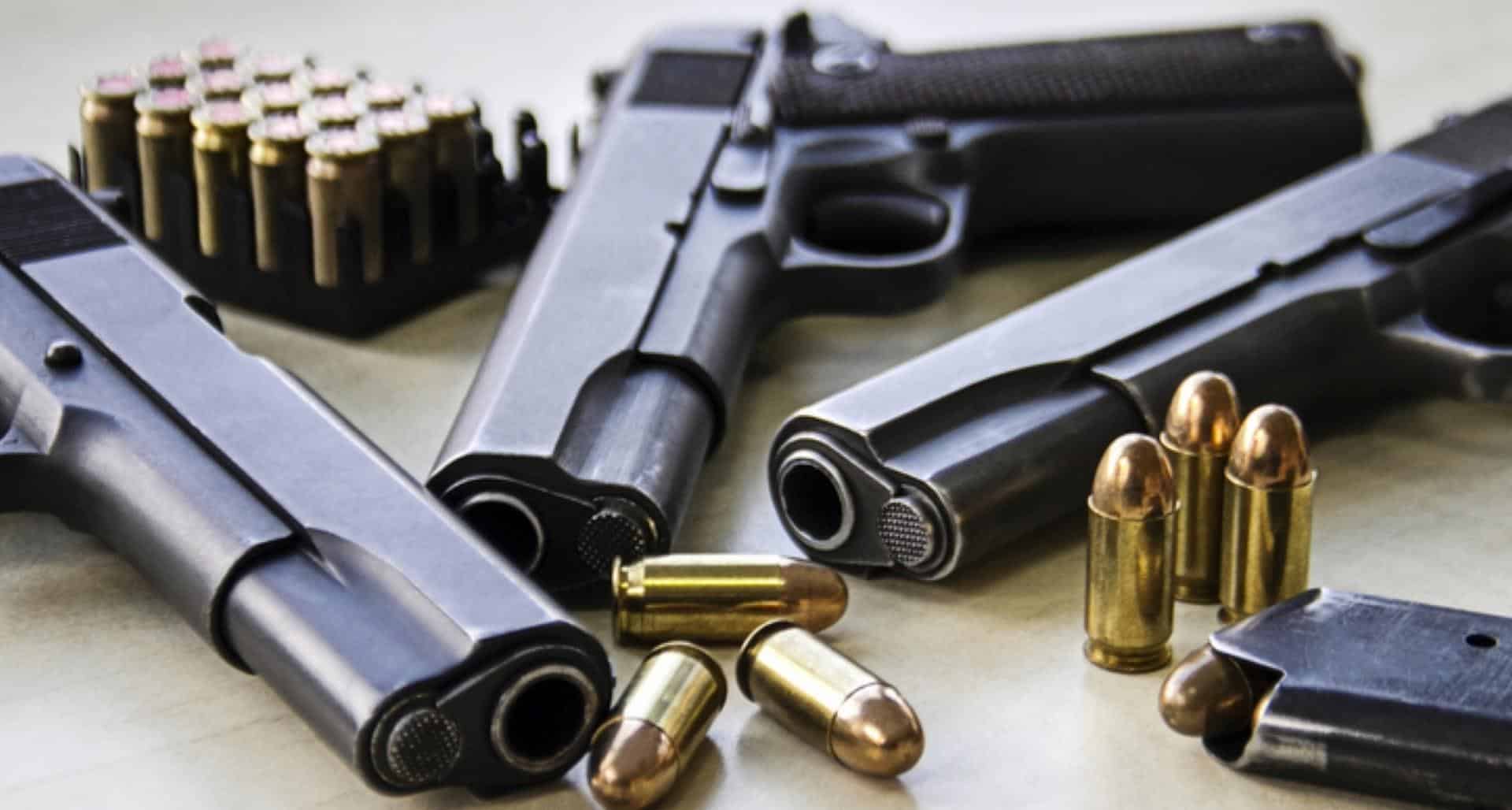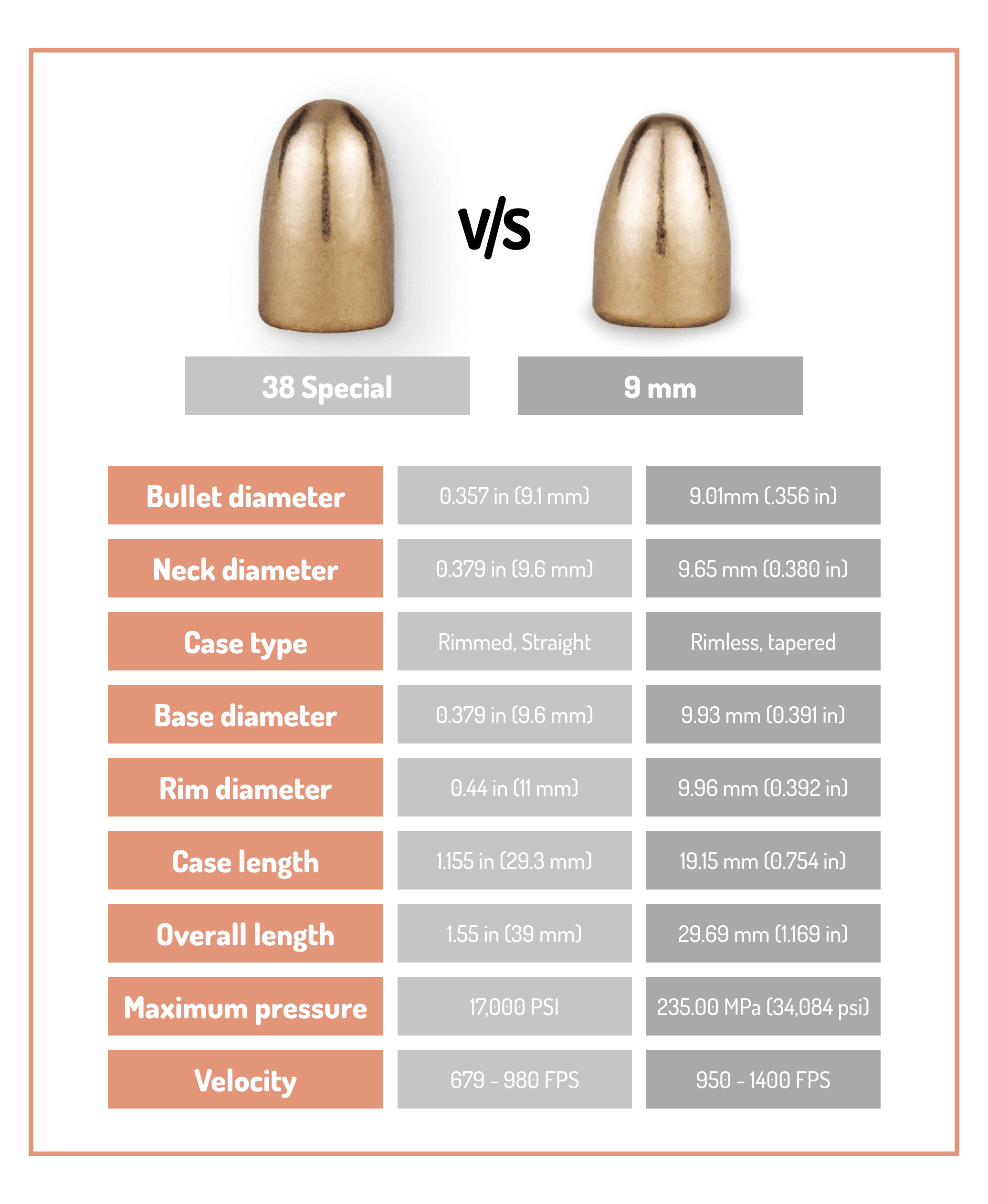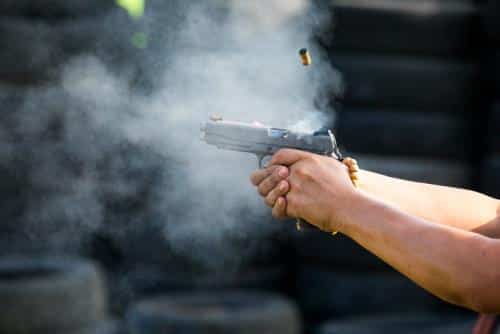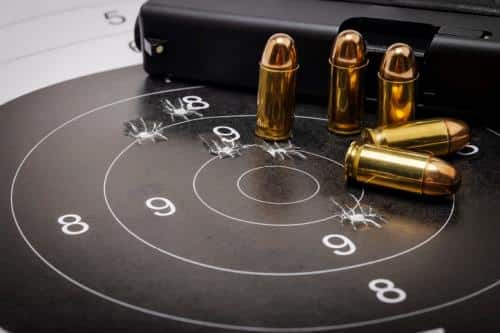Your cart is currently empty!

Caliber Comparison: .38 Special Vs. 9mm Bullets
It is always fun to compare two bullets, and perhaps this comparison has played out a million times, yet the argument continues to blaze with the passion of one versus the other.
One could take the philosophical route and say whichever works best in a given scenario is the best given that you would not have time to test or compare the outcomes in a real-life scenario. I am thinking about the Wild West and infamous shootouts at noon – you either live or die. That’s the comparison. It also brings us to a not-so-obvious question, “what influences a bullet’s performance.”
Factors that Influence Bullet Performance

These comparisons are not exactly comparing apples to apples. While we “aim” to get as close as possible to accuracy, factors will always influence the bullet’s performance. Those include:
1. VELOCITY
How does muzzle length impact the performance of the bullet – even the same brand and style of bullet. If you shoot the same bullet from two different guns, the outcome will be different.
2. GRAVITY – BULLET DROP
Gravity is always a factor of accuracy. It pushes the bullet towards the ground at 9.8 meters per second, offset by velocity to some degree.
3. TRAJECTORY – MUZZLE POSITION
The degree of adjustment you employ for the muzzle’s angle is based on the distance between you and the target. That is a means of offsetting the impact of gravity.
4. YOUR PERFORMANCE
How good are you at repeating the same shot in terms of physical and mental capacity – Will your technique impact bullet performance?
Even if you were to compare two .38 bullets from the same gun, there would be differences in the outcome that has little to do with the bullet. That point is essential because we compare two different bullets that are close, but not the same.
History & Evolution
Most .38 specials are revolvers, and we are comparing it to an autoloader – mostly, we are discussing handguns, but already there is a difference simply in the design of the guns. The .38 special is a bullet limited to handguns. The 9mm is mainly used with autoloader pistols, though there are rifles – short-barreled PCC – that will shoot 9mm shells.
Black Powder and Smokeless Powder
When choosing a style of bullets for your .38 special or 9mm, you run into black powder or smokeless powder options. What’s the difference? The differences are:
- There is a different power load between the two. Smokeless powder has more bang to it, meaning that it has more power behind it.
- Smoke – black powder produces more smoke as the shell fires. Smokeless powder produces smoke but is much less in volume.
- The age of your gun will determine when you can use smokeless powder and not. Guns older than the late 1800s may not handle the extra power in smokeless powder. The frame in older guns may warp or become damaged if you use smokeless powder shells in them.
Grains and Powder
Gunpowder is rated on an F-scale – 1F, 2F, 3F, 4F, etc. The larger the number involved, the smaller the grain. 1F powder is big and used in bigger bullets and shells, such as for cannons. 2F powder is for bigger guns such as a muzzleloader or big bore handguns. 3F powder is standard for most handguns, and 4F powder is a very small grain powder. The general rule of thumb is 2F for rifles over .50 caliber and 3F for .45 caliber and smaller. Somewhat important if you are self-loading bullets.
Grain and Bullet Rating
When you buy bullets, pay attention to the grain rating. This is an indicator of the total weight of the bullet, with one grain being equal to 1/7000 of a pound. The bullet you choose and its total weight, or grain, impacts the gun’s energy, velocity, and accuracy.
- Energy & Velocity – are impacted by barrel length and grain size of the bullet. Longer barrels create more velocity.
- Accuracy – smaller grains are more accurate over longer distances. If you are in a position of self-defense and you need a long-range bullet, a smaller grain rating is best. A heavier grain rating is ideal if you are in a short-range situation and need to protect yourself. Smaller grain bullets have a more accurate trajectory. Heavier grain bullets have more of a drop as gravity impacts their trajectory. That is why a smaller grain bullet is better for distance shooting.
- Cost – heavier bullets are more expensive than are lighter bullets.
.38 Special vs. 9mm – The Bottom Line

The .38 special bottoms out at around 700 feet per second at heavier grain ratings. With a lighter grain weight, the velocity improves. For example, a 147 grain .38 bullet has a velocity of 755 feet per second when fired from a pistol with a four-inch barrel. A .38 bullet with a 90-grain weight rating has a velocity of 1,103 feet per second—ballistic performance increases as grain rating decreases. Muzzle energy increases as the grain size gets heavier.
A 9 mm 147 grain bullet has a velocity rating of 950 feet per second, whereas a 9mm 115 grain bullet has a velocity of 1,250 feet per second if the powder charge remains the same.
For both the 9mm and .38 special, muzzle energy increases while muzzle velocity decreases with grain size.
If you consider a handgun for personal protection, the smaller grain sizes are ideal. In addition, you can improve accuracy because there is less recoil. Finally, short-range accuracy is essential since handguns are not generally used for long-distance defense.
.38 special vs. 9mm – you will gain more velocity and energy with the 9mm over the .38 special. The reason is that the .38 special was originally developed as a black powder gun, and it existed before there were alternative types of gunpowder. The pressure is 17,000 pounds per square inch, which is consistent with the first bullets for these guns. For the 9mm, the pressure can reach 45,000 pounds per square inch and deliver greater velocity and energy to the target, except from a very close distance and under certain conditions.
Distance from gun to target is also essential as gravity pushes bullets down the longer the distance is between the gun and target. Whether you are in a self-defense situation or out target practicing, that is true.
In short, the .38 special is an excellent gun with plenty of capability. However, if I were choosing a gun for self-defense in close quarters, it would be a 9mm, and I would opt for a light grain rating for bullets for the following reasons:
- The 9mm is an autoload weapon, meaning I will get more rounds off per second vs. the manual load and cock action of the .38 special.
- The 9mm produces a higher rate of velocity, meaning the bullet reaches its target faster.
Ultimately the Choice is Yours
During part of the opening of this opt ed, a section talks about the factors that influence a bullet’s performance. Those factors are genuine, and they will impact your choice between a .38 special and a 9 mm pistol.
RECOIL PLAYS A ROLE
If you are fearful of the recoil, then a .38 might offer you a more comfortable experience as a shooter. However, that little fact is critical in close-quarters, and you have less time to recover from the more significant impact of greater recoil to aim and fire again. That’s a plus for the .38 special. If you hold the trigger and let the 9mm fire, you will lose accuracy. Sure, the gun delivers more bullets to the general area, but that may not be a strong point if the target is shielded. That is true even with a light grain bullet rating.
Situational advantages are a real thing in self-defense. If you are primarily going to use your gun for target practice, Either gun is a good choice.
.38 Special vs. 9mm – Pure Energy
If you are looking for a gun that delivers the most muzzle energy and muzzle velocity in a pretty close comparison, a 9mm will win.
The process of picking one distinct winner over the loser would be much easier and quieter if the two guns were identical. Unfortunately, they are not identical, and while they differ in degrees of mathematical slightness, they are still very different. The question to ask yourself is, what do I need this gun to do for me. Personally, the situation dictates, to me, which type of weapon I carry.
There is an argument for less velocity and energy from the bullet – close quarters where you don’t want the bullet to exit a target and damage someone else. However, that argument also reduces the positives of the 9mm as you would not want to fire eight shots in a few seconds when someone else other than the target is at risk of being struck.
When it comes to the .38 special vs. 9mm, there is no winner or loser – the choice comes down to what you need the gun to do for you.

